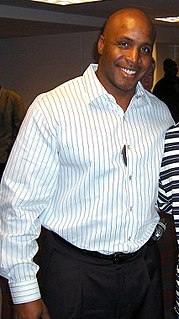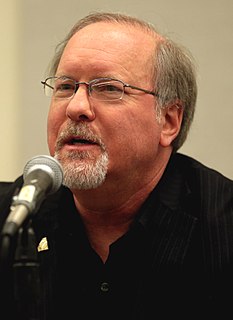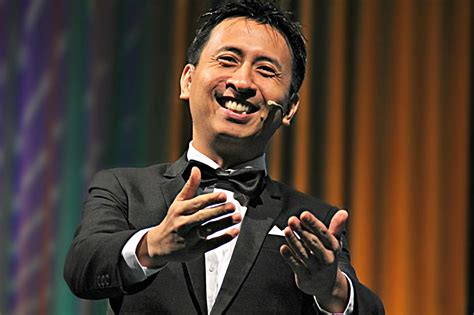A Quote by Heather Mac Donald
Before you can challenge a received narrative about the past, you should be expert in its established contours.
Related Quotes
while the executive should give every possible value to the information of the specialist, no executive should abdicate thinking on any subject because of the expert. The expert's information or opinion should not be allowed automatically to become a decision. On the other hand, full recognition should be given to the part the expert plays in decision making.
In narrative cinema, a certain terminology has already been established: 'film noir,' 'Western,' even 'Spaghetti Western.' When we say 'film noir' we know what we are talking about. But in non-narrative cinema, we are a little bit lost. So sometimes, the only way to make us understand what we are talking about is to use the term 'avant-garde.'
It was not that long ago when the accepted wisdom in football was that the running game had to be established - that was always the obligatory verb: established - before passes could become effective. My, we know how that has changed. Now the pass is established from the get-go, and running is an afterthought.




































